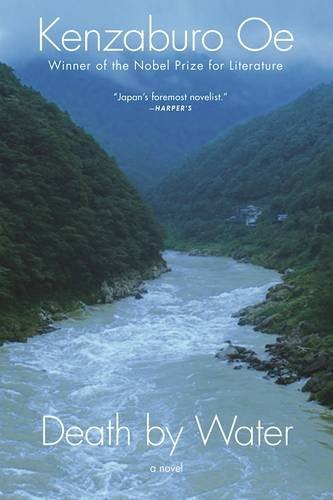astralstreeting replied to people like books's status
@peoplelikebooks I was so allergic to this style of science fiction as a teenager and ran straight to Harlan Ellison and Phillip K. Dick. I am probably even worse now. But y'know what, I think this is pretty high praise, I may just give it a chance.
@peoplelikebooks I was so allergic to this style of science fiction as a teenager and ran straight to Harlan Ellison and Phillip K. Dick. I am probably even worse now. But y'know what, I think this is pretty high praise, I may just give it a chance.










